Happy Pride Month! 🌈
Pride is not just a month to celebrate our queer community, but also to advocate and support them. Why is this important to me? Not only do I identify as queer, but there is a significant overlap in neurodivergence and queerness.
Autism and sexual orientation
In a 2021 study on autism, sexual health, and orientation, researchers found that autistic individuals were more likely to identify as lesbian, gay, bisexual, trans, queer, asexual, and other identities (or LGBTQA+). More specifically, they found that autistic males were more likely to be bisexual (compared to non-autistic—or allistic—males). Autistic females were more likely to be homosexual than their allistic female peers. (Ironically, a study that found more gender diversity among autistic individuals still did just a two-gender breakdown of their findings.)
Neurodiversity and gender identity
There is even more research out there about the correlation between neurodiversity and gender identity. In a 2020 study of autism and gender identity, researchers found that gender-nonconforming individuals are three to six times more likely to be autistic than cisgender folks. Studies have also shown a higher rate of ADHD among gender-nonconforming folks – no big surprise with the strong connection that exists between autism and ADHD.
Though researchers have not been able to discover the exact reasons for this significant correlation between autism/neurodivergence and queerness, some propose that it may result from the tendency for autistic people to be less aware of social norms and hierarchies. They may be more willing/able to come out without fear of repercussions from society because they are just not aware of them.
Being a transgender or gender-nonconforming autistic person also occasionally comes with the extra challenge of allistic people questioning whether autistic people are mature or competent enough to understand their own gender. This has been at the root of many of the arguments against gender-affirming care for youth that we’re seeing across the U.S. now, and, in case you weren’t already aware, is highly problematic.
Being neuroqueer
Because of the large number of people in the queer community who are neurodivergent, many have begun identifying themselves as neuroqueer. Being either queer or neurodivergent in today’s society has challenges—being both just multiplies those. They are often hit with a double dose of stigma and may struggle to find appropriate physical or mental health care.
Though I have long been immersed in the queer community, I only more recently began my own exploration into gender, coming to understand myself as nonbinary or genderqueer. Around a year ago I began using “she/they” pronouns, as I’ve always felt a little more masculine in some ways, and that just felt right to me. The term neuroqueer feels very appropriate to describe myself, as I believe my self-discovery around autism is what led to me gaining a better understanding of my gender, as well.

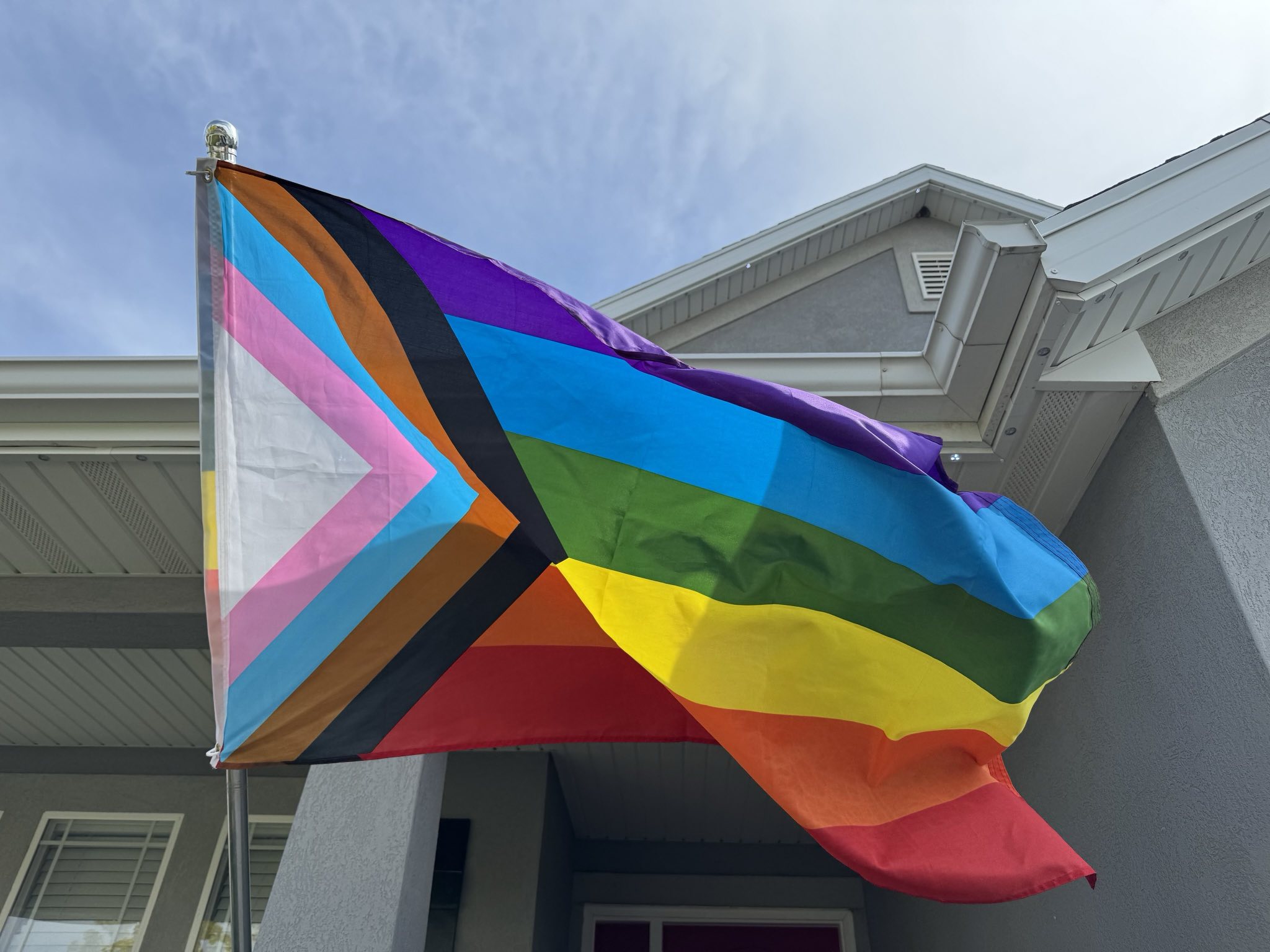
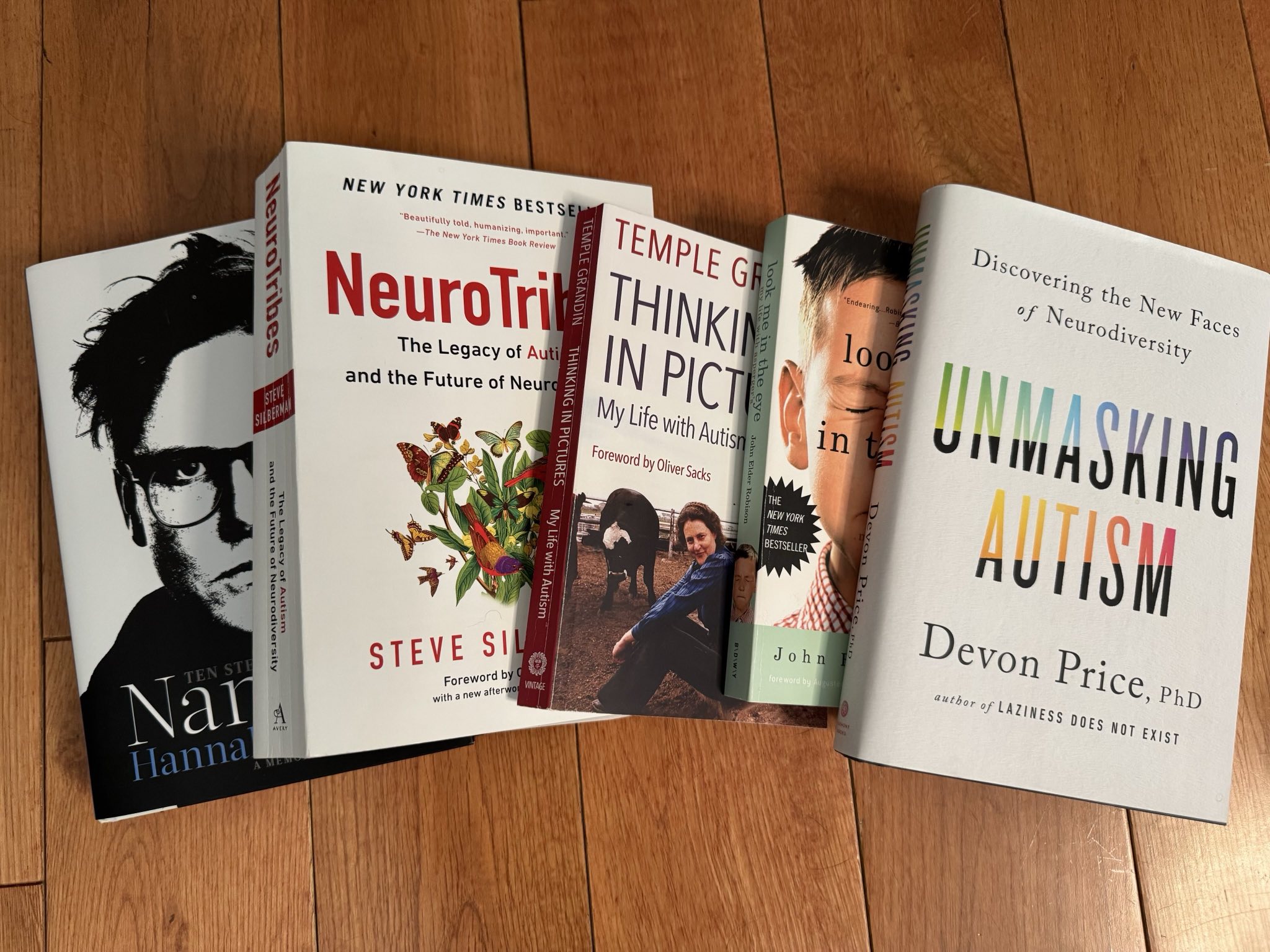

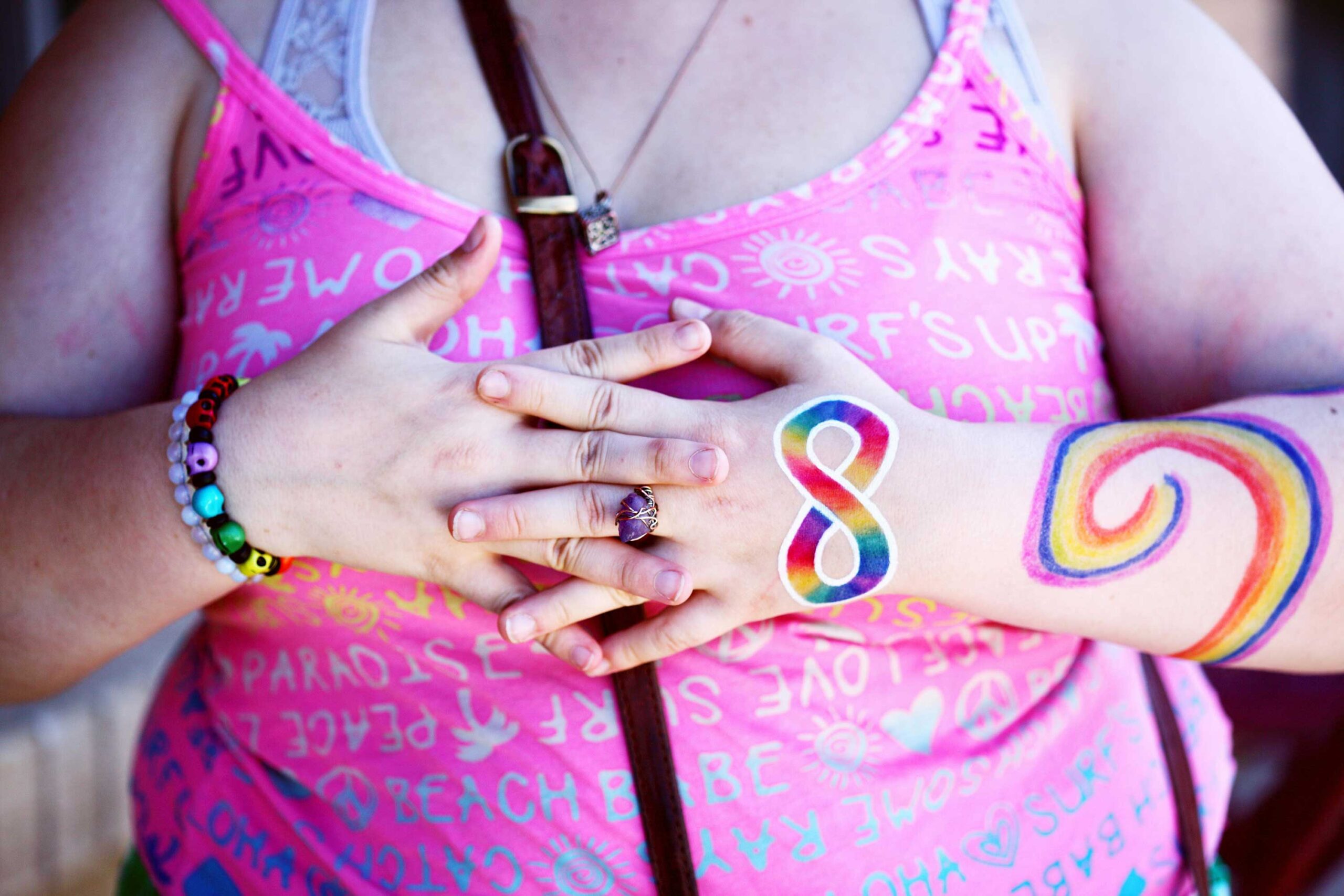
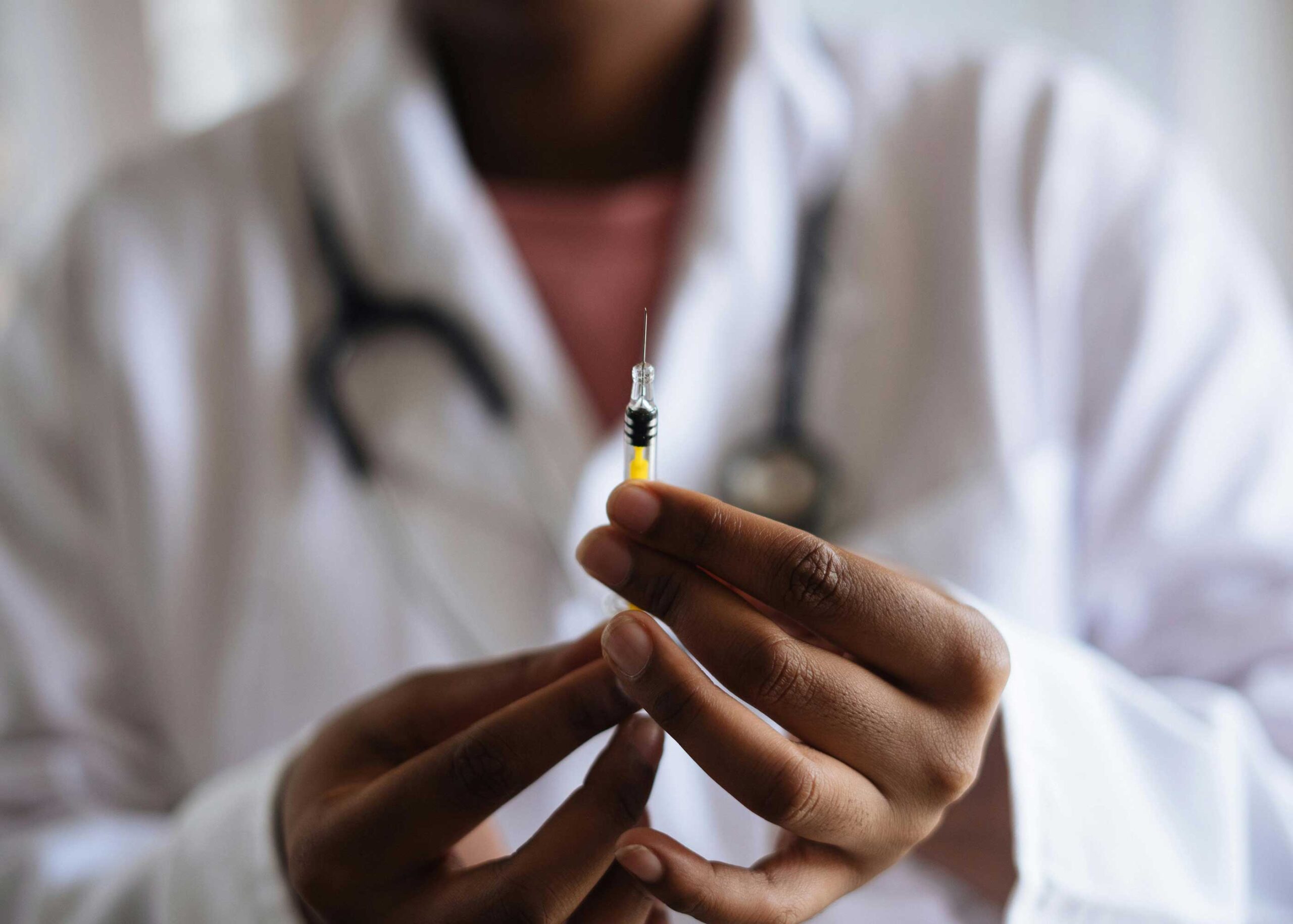
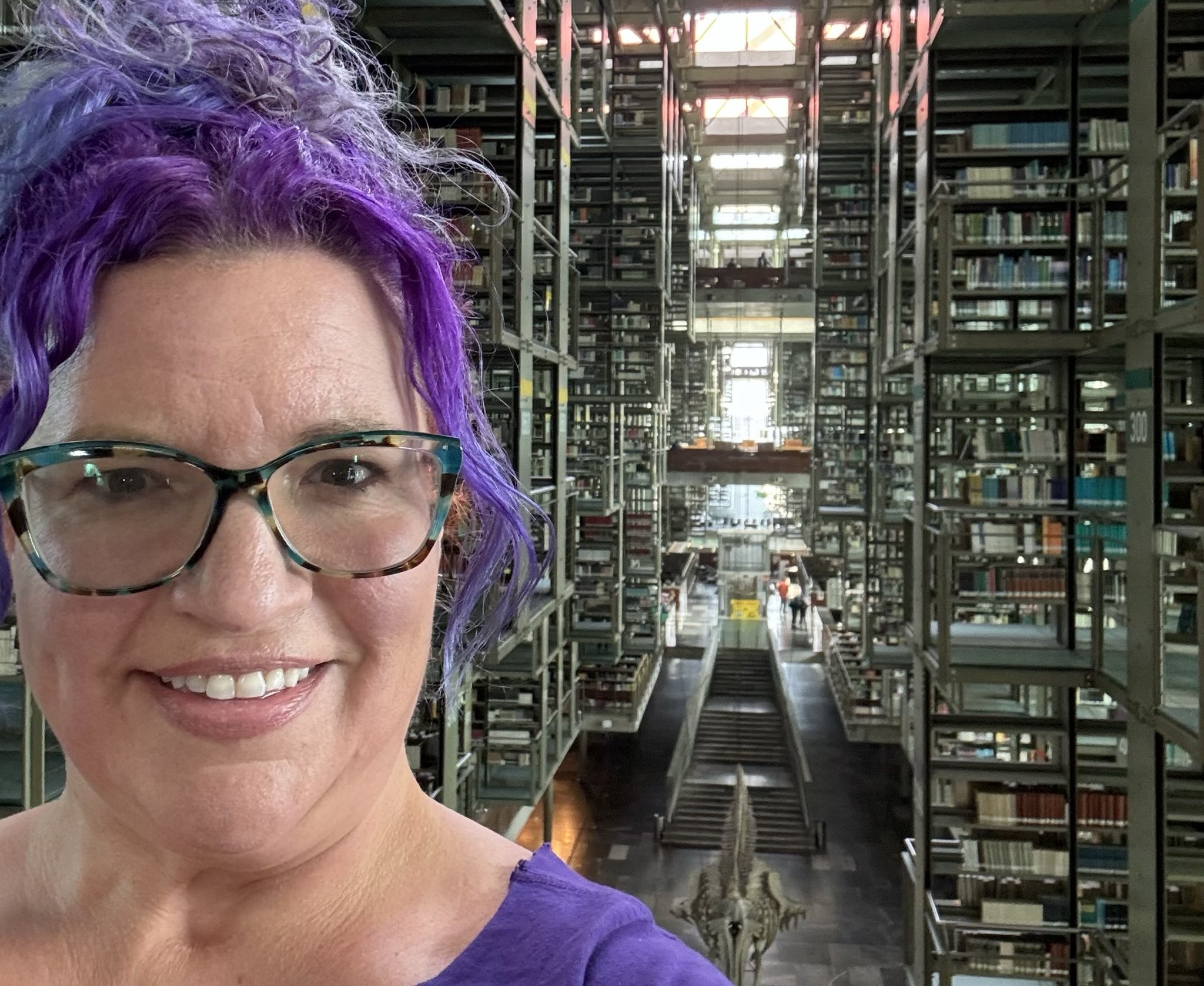
Leave A Comment